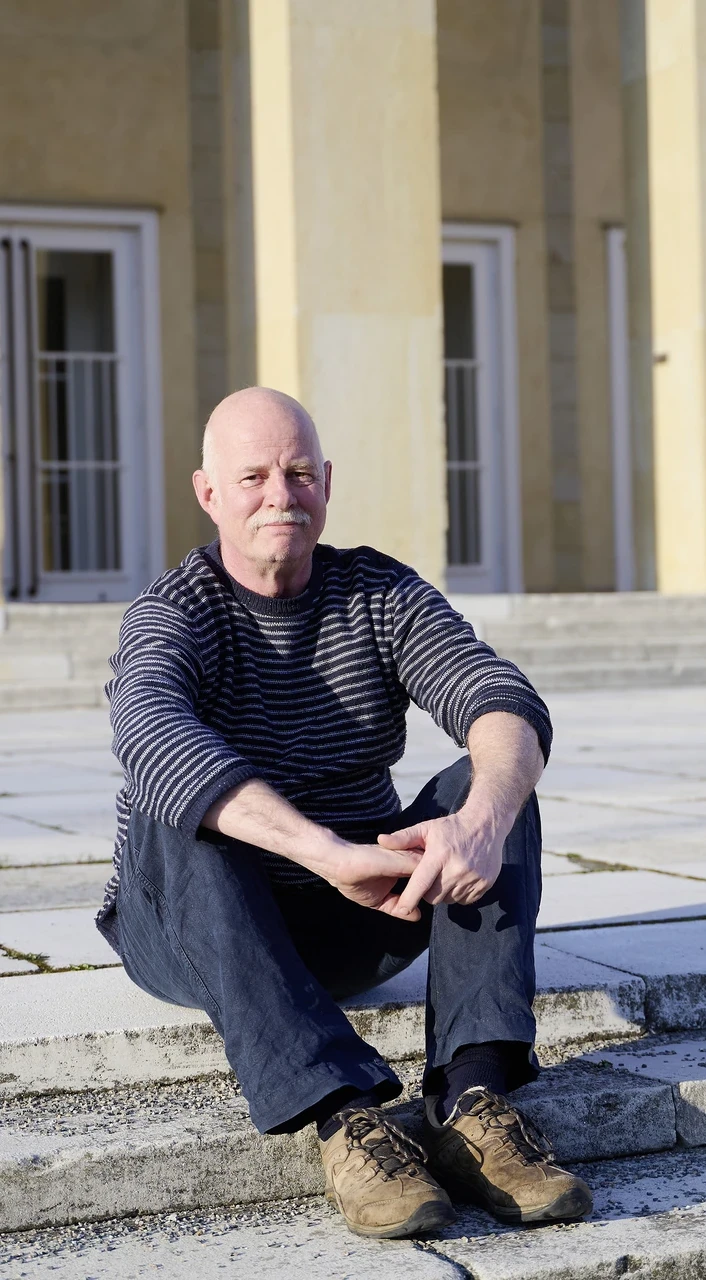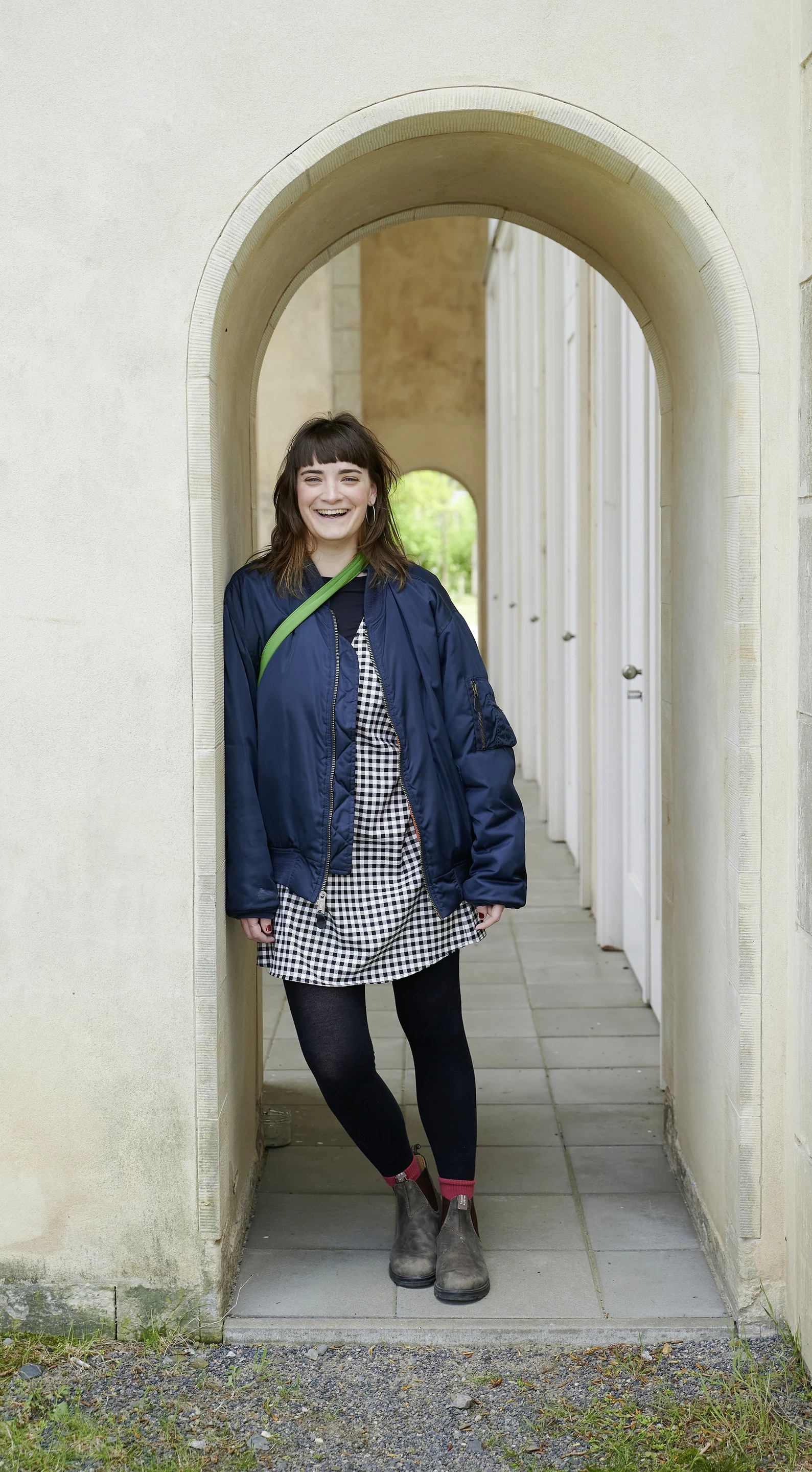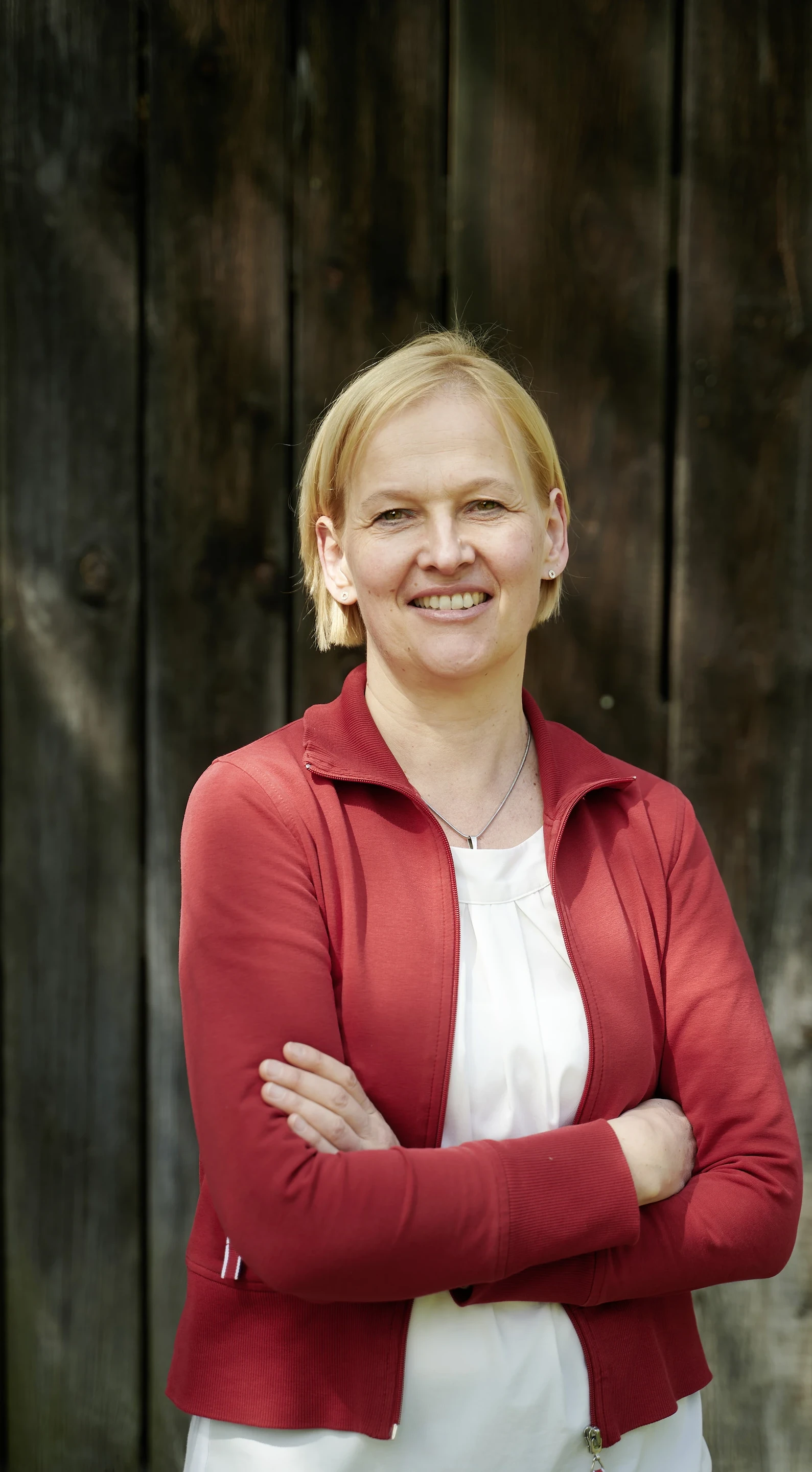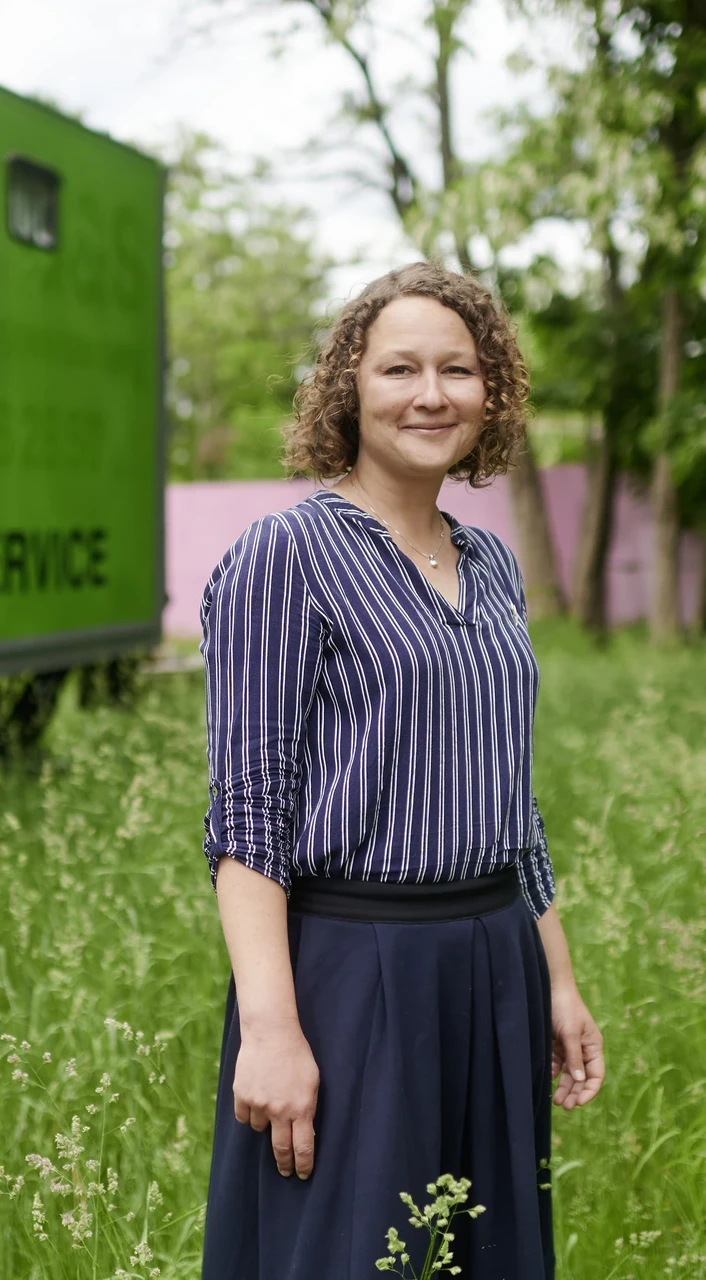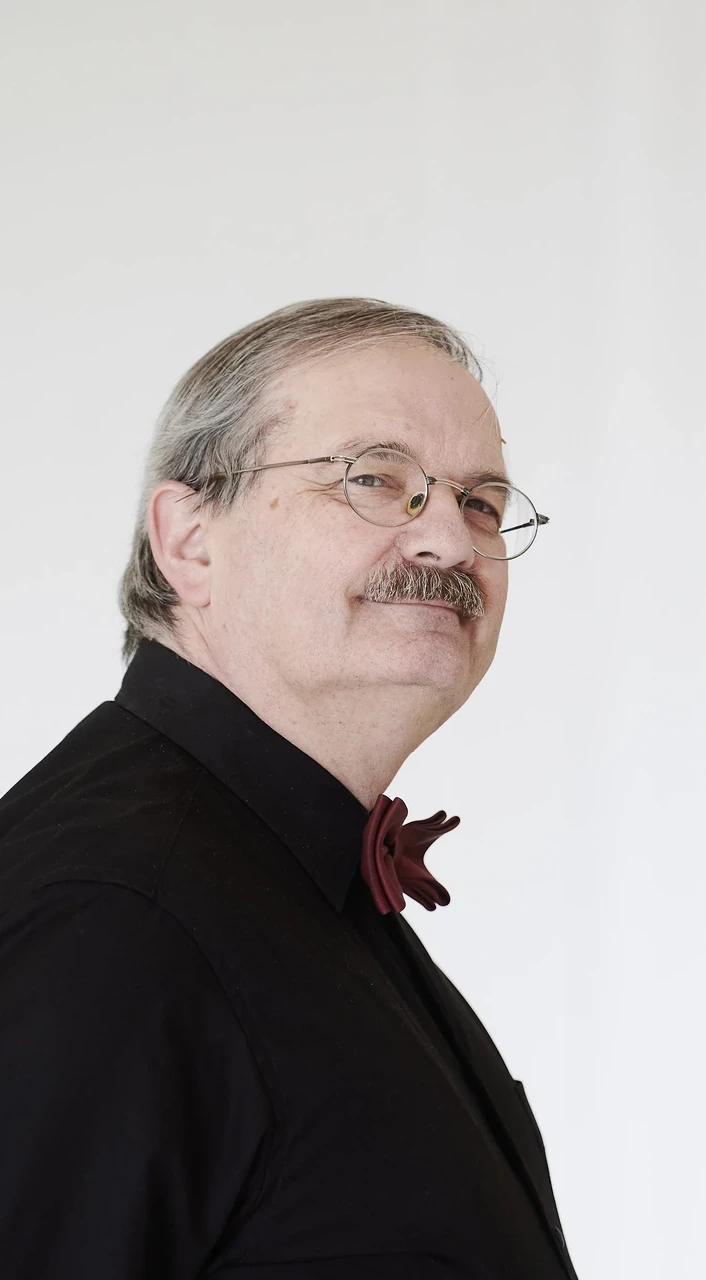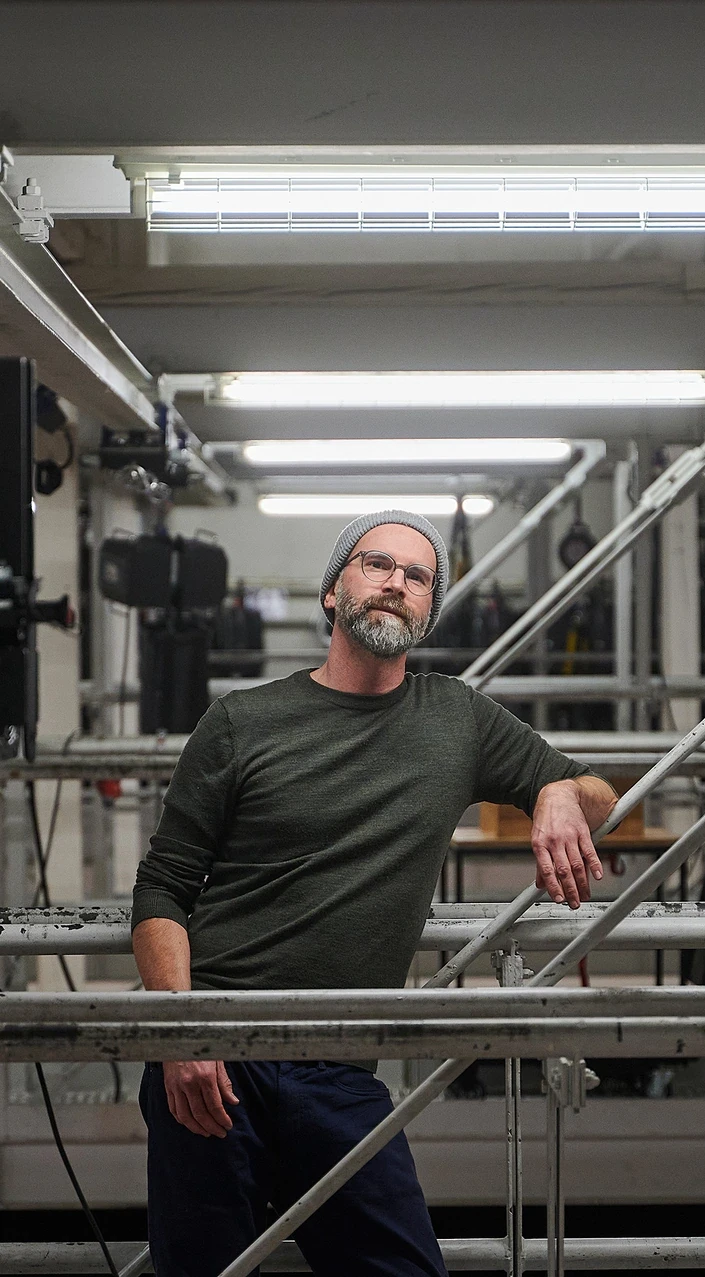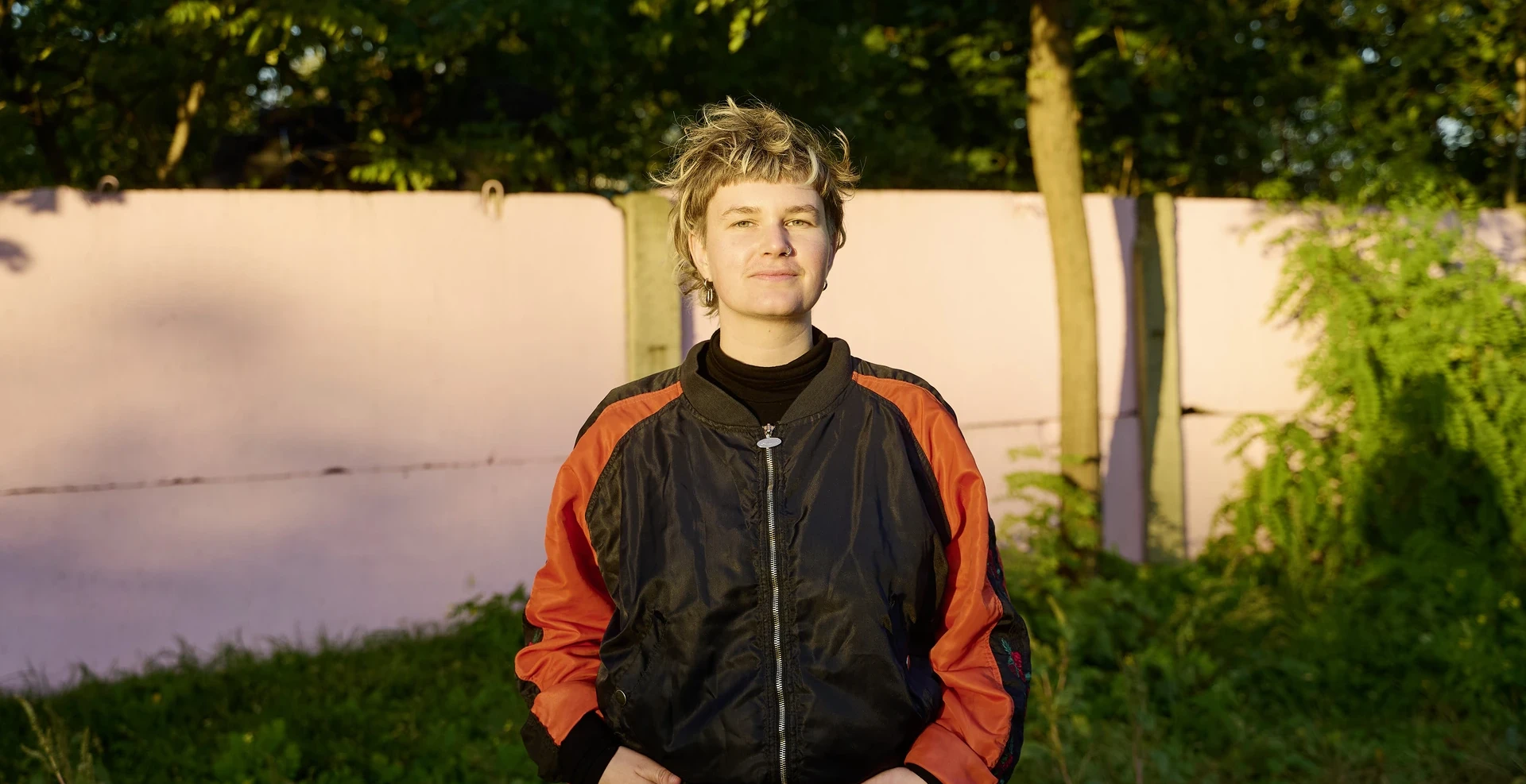
Faces in HELLERAU - Janka Dold, Head of Residence Program, #1 - 2025
In the “Faces” series, we introduce people who work in front of or behind the scenes at HELLERAU to ensure that everything runs smoothly and that our guests feel at home.
How long have you been working at HELLERAU and what are your tasks?
I have been working at HELLERAU since autumn 2022 as part of the program team and manage the international residency program, which is an important pillar of our work alongside guest performances and co-productions. The flats and rehearsal studios on our premises allow us to offer artists and groups from the fields of dance, performance, theater, music and media art longer research processes. This means they can carry out performative research and artistic experimentation with us in order to find out where a project can lead. Or they can work specifically on a particular stage of a project.
I manage the program in terms of curation, coordination and dramaturgy. In coordination with the program team, I issue open calls, select artists, develop thematic projects, apply for additional funding and am in close contact with international partners. A central part of my work is working with the artists themselves. I connect them with each other and with the local scene and support them dramaturgically through feedback discussions. Artist care is very important to me. Artists come to us from very different international contexts. It is essential to pay attention to needs, respond to questions and deal flexibly with emerging issues. It is important to me to take the pressure out of work processes. Residencies are not about showing a finished production to a large audience at the end, but about working on themes and aesthetics and supporting the process. Artistic research work is comparable to scientific research. Sometimes something doesn't work out, then you move on to something else. That's the beauty of creative work: not always knowing what can actually happen and emerge. The utopia of the residency program is that different artists get to know each other, network and come together in their work. To this end, we organise collective exchange, joint performance visits and open studios in which the artists show their work processes in a semi-public setting.
Why are the residencies so important for the artists?
Residencies are often about open-ended work, work processes, exploring new themes, networking and changing perspectives. Residencies support the beginnings of a work or longer research processes. Of course, this is not enough for the entire development and production of an artistic work, but it is an important part of providing projects with funding and resources from the outset, before rehearsals and production phases can begin. In some cases, artists also conduct performative research into topics over a long period of time without having a stage play in mind as a result. The research can, for example, become part of a discourse in workshops and dialogue formats and trigger important impulses.
What were special experiences or challenges for you at HELLERAU?
The EU project “Moving Identities” is very interesting in terms of international cooperation, but also challenging. We are working with six European partners for three years. The great thing about this project is that the artists are sent on a journey and research in different contexts. I also travel to the various residency locations to develop the project, so that we colleagues get to know each other well during the project and lasting relationships are formed. These are also important for HELLERAU, for international networking, to get to know artists and to come into contact with new topics.
What do you wish for HELLERAU in the future?
In general, I would like to see better funding structures for artists and institutions such as HELLERAU, because production venues that feel responsible for the independent scene are also dependent on funding structures. I would like to see even more dialogue with the Dresden audience. International working and living is so important for all of us; changes of perspective, contexts and encounters with people and topics characterise artistic work and are also essential for a diverse urban society.
The interview was conducted by Helene Lindicke and Henriette Roth.

